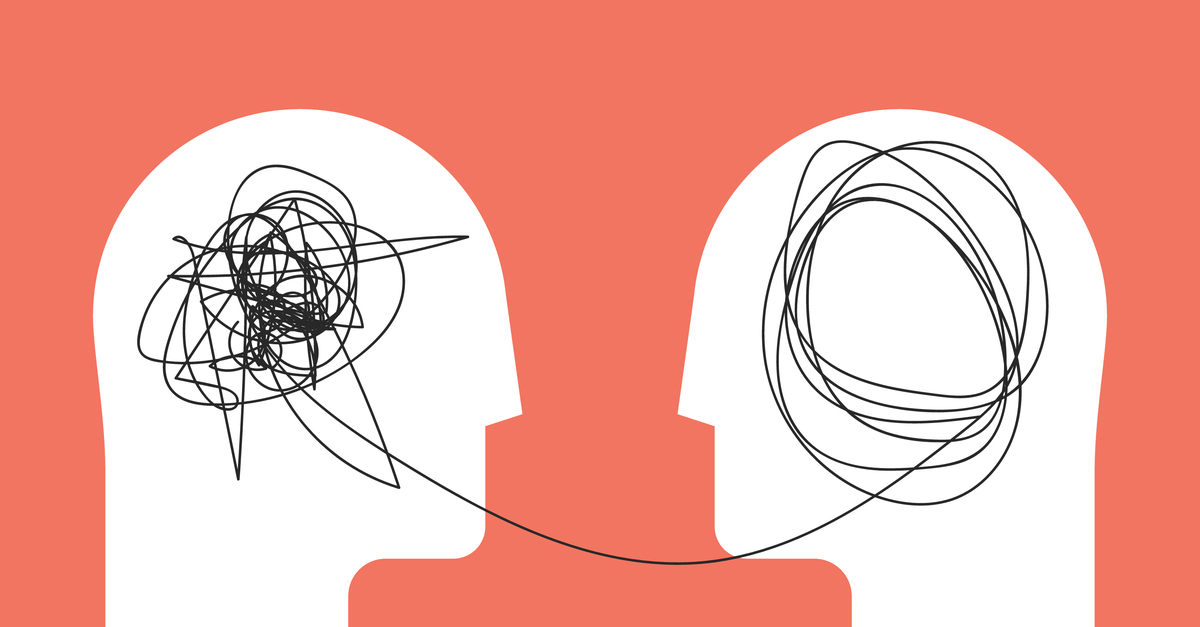The pandemic continues to exact a heavy toll on Filipinos' mental health. How to cope?
The pandemic continues to wreak havoc on the mental health of Filipinos, making more people unproductive at work as a range of negative feelings and living expenses rise.
In a survey done by wellness firm MindNation among Filipino employees, 35% of respondents said they are unproductive for an average of two hours during their shift every day.
The survey also showed that 13% of workers file sick leaves due to mental health concerns; 23% said they are thinking of quitting their jobs due to stress, anxiety, and depression; 47% of respondents feel overworked, and 46% named financial pressures as the top source of their mental health challenge.
MindNation explained that the results of the survey, which was conducted September 2020 to April 2021 among 6,000 respondents as a gauge of well-being during the pandemic, revealed “presenteeism,” where employees show up but don’t perform at full capacity.
“Mental health support in the workplace has already been an area of concern before the pandemic but with the COVID-19 crisis, emotional challenges employees are confronting have spiked,” MindNation CEO Kana Takahashi said in a press release.
The firm said business leaders should create a culture that recognizes and supports mental health to address productivity issues and talent loss.
Making ends meet
Meanwhile, in a separate survey done by public relations firm EON with research partner Tangere, 63% of respondents said their lives worsened during the pandemic.
Asked to express their range of emotions felt during the pandemic, 56% answered sadness, 37% said fear, 31% said boredom, and 30% said regret. Respondents said the top causes of fear were related to health and finance, such as a family member getting sick and needing to be hospitalized (72%), and being unable to pay their debts (51%).
Making ends meet has been the foremost challenge as 65% of respondents said their expenses rose during the pandemic, 48% had difficulty settling debts, 46% took a pay cut, while 81% said they had no savings.
The survey was done last March among 6,000 Filipino users of the Tangere app.

Social connections
Dr. Jasmine Vergara, who specializes on mental health and substance abuse for the World Health Organization Philippines, acknowledged that the COVID-19 pandemic has created “an enormous strain on our health and economic system and caused widespread psychological distress.”
“It is high time to highlight and strengthen our social connections,” Vergara told PhilSTAR L!fe when asked how to reinforce one’s mental health today.
“Family cohesion, peer and community support — these are just some things that could mitigate the impact of the pandemic to one’s mental health.”
For working professionals, Vergara said having an organization that promotes balance between productivity and having enough rest is important to give workers space for their own physical and mental health activities.
“When one feels stressed, it is ok to feel that way as it’s not a reflection of incompetence or weakness. But I encourage people to still maintain a positive mental health and avoid unhelpful and unhealthy coping strategies like tobacco or alcohol,” Vergara said.
“For those processing loss, taking time to process one’s feelings will be helpful such as through a journal or through meditation.”
If social media causes stress and anxiety, Vergara said this should then be strictly regulated to a specific time of day.
Small activities
Psychologist Lillian Gui also said controlling one’s social media usage and taking up small activities to keep one’s mind preoccupied could help one be mentally resilient.
“Close your laptop, talk to your dog, take a shower, take a walk, do some stretching, try gardening, call a friend,” Gui said in a separate interview. “You don’t always have to be happy, but try to reach out and don’t be alone.”
“It’s ok to tell yourself that things are not ok, ok lang yun, it doesn’t make you a lesser person, but just don’t be alone.”
===
If you or someone you know wishes to talk to a mental health professional, here are the hotline numbers of the National Center for Mental Health:
The Department of Health also has regional helplines that you can contact by clicking through this link.


